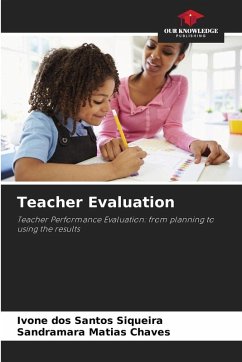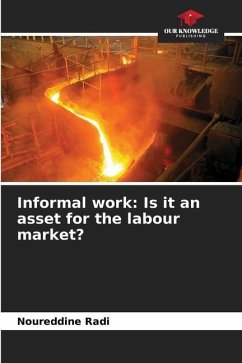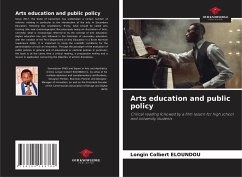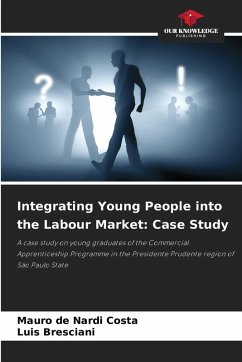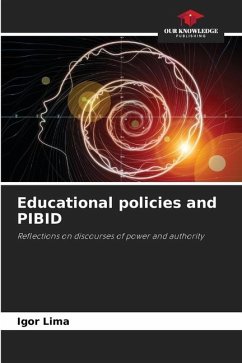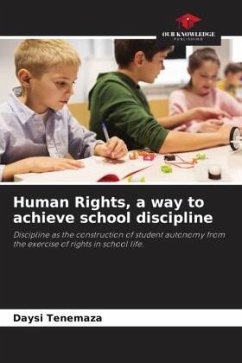
Teacher Autonomy or Heteronomy
Implications of curriculum policies on the control of the Geography teacher in public schools in Viçosa-MG
Versandkostenfrei!
Versandfertig in 6-10 Tagen
41,99 €
inkl. MwSt.

PAYBACK Punkte
21 °P sammeln!
Control is power! The history of Brazilian education shows us that public educational policies (PPE) have been more temporary than state policies, and are justified as reformist actions to respond to the structural crisis of capital. The State's concern is now with indices and guidelines of those who do not know the school floor and the teaching work. Teaching work is increasingly interfered with by hierarchical measures. We address concepts that are transversal to the defence of teacher autonomy (work, alienation, teacher autonomy and heteronomy, and ideology) with a broad view and a punctual...
Control is power! The history of Brazilian education shows us that public educational policies (PPE) have been more temporary than state policies, and are justified as reformist actions to respond to the structural crisis of capital. The State's concern is now with indices and guidelines of those who do not know the school floor and the teaching work. Teaching work is increasingly interfered with by hierarchical measures. We address concepts that are transversal to the defence of teacher autonomy (work, alienation, teacher autonomy and heteronomy, and ideology) with a broad view and a punctual, autonomous action. These discussions contribute to ratifying the hypothesis of the loss of the notion of the potential of teaching work and its own identity. The interviews conducted with teachers from the public education network in Viçosa, MG, show that the processes of precariousness and proletarianisation of teaching work have deepened. These processes were also identified in the analyses of the PPE in the following sections: Common Basic Contents of Minas Gerais (CBC-MG), of the discipline of Geography, and the National Book and Didactic Material Programme (PNLD).



